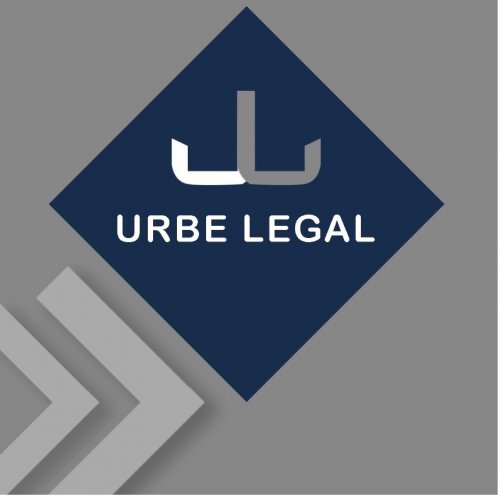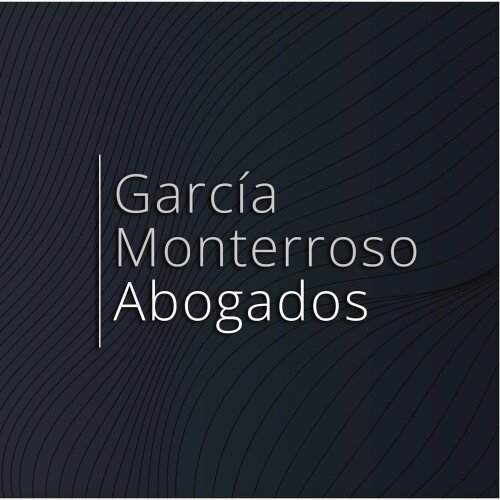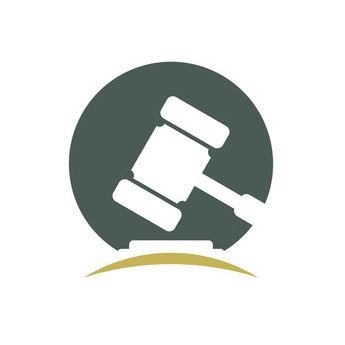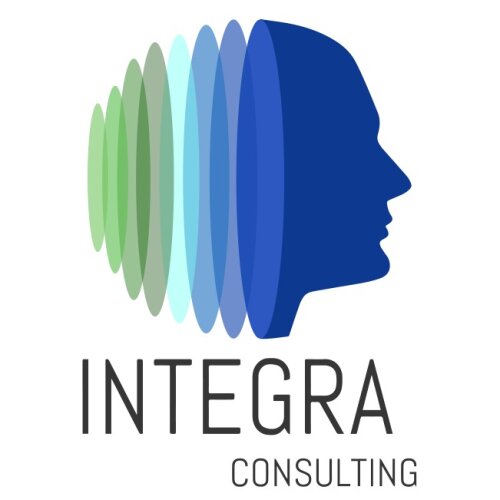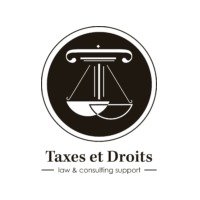Best FDA Law Lawyers in Guatemala City
Share your needs with us, get contacted by law firms.
Free. Takes 2 min.
List of the best lawyers in Guatemala City, Guatemala
About FDA Law in Guatemala City, Guatemala
FDA Law in Guatemala City refers to the legal framework that governs the regulation, safety, approval, and commercialization of food, drugs, medical devices, cosmetics, and related products. The term "FDA" stands for Food and Drug Administration, and while Guatemala does not have a body named exactly like the United States FDA, it has its own regulatory agencies and legislation. The primary objective of these laws is to ensure that products distributed or sold in the country are safe, effective, and accurately labeled. Regulatory oversight in this field falls primarily under the Ministry of Public Health and Social Assistance (Ministerio de Salud Pública y Asistencia Social), as well as other governmental agencies for specific categories.
Why You May Need a Lawyer
Navigating FDA Law in Guatemala City can be complex due to evolving regulations and strict compliance requirements. People and businesses commonly need legal assistance in these situations:
- Registering or importing food, pharmaceutical, or cosmetic products
- Obtaining sanitary licenses or permits for manufacturing or distribution
- Responding to regulatory inspections or compliance audits
- Dealing with product seizures, recalls, or bans imposed by authorities
- Ensuring advertising and labeling meet local legal standards
- Managing intellectual property concerns related to pharmaceuticals and brands
- Resolving disputes involving product liability or consumer claims
- Expanding a business to introduce new regulated products in Guatemala
A specialized lawyer can help clarify the regulatory pathway, prepare and process documentation, and represent you during investigations or legal challenges.
Local Laws Overview
The legal landscape of FDA Law in Guatemala City is shaped by both national legislation and regulations issued by relevant ministries. Key aspects include:
- Sanitary Registration: All food, drug, cosmetic, and medical device products must undergo sanitary registration before being imported, manufactured, or sold locally. The process involves documentation, quality control, and approval from the Ministry of Public Health.
- Licensing and Permits: Facilities involved in the production, storage, or distribution of regulated products must obtain proper sanitary licenses and comply with Good Manufacturing Practices (GMP).
- Labeling and Advertising: Guatemalan law mandates that all regulated products have accurate, Spanish-language labels detailing composition, usage instructions, warnings, and expiration dates. Advertising must not be misleading and should be pre-approved in some cases.
- Inspections and Enforcement: Regulatory authorities are authorized to conduct on-site inspections and enforce compliance, including product recalls or shutdowns for noncompliance.
- International Treaties: Guatemala is a party to various international agreements that can influence FDA-related matters, such as the Free Trade Agreement with the United States and its participation in the Central American Integration System (SICA).
- Penalties: Noncompliance can lead to administrative sanctions, fines, and, in severe cases, criminal proceedings.
Frequently Asked Questions
What government agency regulates food and drug products in Guatemala?
The Ministry of Public Health and Social Assistance (Ministerio de Salud Pública y Asistencia Social) is the primary regulatory authority overseeing food, drugs, cosmetics, and medical devices in Guatemala.
Do I need to register my product before selling it in Guatemala?
Yes, all products within the regulated categories must be registered with the appropriate authorities prior to manufacture, importation, or commercialization.
How long does the registration process take?
The timeline varies depending on the product category and the completeness of submitted documentation, but it typically ranges from several weeks to a few months.
Are there specific labeling requirements for products?
Yes, products must be labeled in Spanish and include essential information such as ingredients, usage, warnings, expiration dates, and manufacturer details, as specified by Guatemalan law.
Can foreign companies sell regulated products in Guatemala?
Foreign companies can sell products in Guatemala, but they must comply with local registration, labeling, and sanitary requirements. It is common to work with a local representative or distributor.
What happens if my product fails a regulatory inspection?
If a product fails inspection, authorities may issue warnings, suspend licenses, order recalls, or impose fines. Legal support is essential to manage and respond to such actions.
Are clinical trials required for drug registration?
Clinical data is required for the registration of new drugs. The specific requirements depend on the type of product and whether it is already approved in other jurisdictions.
How can I appeal a regulatory decision?
You may file an administrative appeal with the relevant authority. If unsuccessful, you can pursue the case further through the Guatemalan courts. Legal representation is advised.
What documentation is needed for sanitary registration?
Common documents include technical data sheets, certificates of free sale, GMP certificates, laboratory analysis results, product labels, and proof of manufacturer authorization.
Is legal representation required for FDA matters in Guatemala?
While not always legally mandatory, having a lawyer with FDA law expertise can expedite processes, minimize errors, and ensure compliance, reducing the risk of costly penalties or delays.
Additional Resources
- Ministry of Public Health and Social Assistance (Ministerio de Salud Pública y Asistencia Social): The official regulatory body for food, drugs, and health products.
- Guatemalan Institute of Social Security (IGSS): Involved in matters affecting health and medication coverage.
- Guatemala Chamber of Industry: Offers guidance for companies seeking to comply with manufacturing and trade regulations.
- Legal Aid Clinics and Bar Associations: Provide consultations and referrals to specialized FDA law attorneys.
- Local Universities: Law schools may offer legal clinics or resources for complex regulatory matters.
Next Steps
If you believe you need legal assistance related to FDA Law in Guatemala City, follow these recommended steps:
- Gather all relevant documents and information about your product or concern.
- Identify whether your matter involves registration, compliance, advertising, importation, or another regulatory issue.
- Contact a local attorney specializing in FDA law or regulatory affairs for a consultation. Be prepared to discuss details and share documentation.
- Ask the attorney about their experience with similar cases and the likely timeline and fees involved.
- Follow your attorney’s guidance for preparing applications, responding to regulators, or pursuing appeals if necessary.
- Stay informed about regulatory changes that could affect your business or product.
Securing qualified legal advice is the most effective way to ensure that you navigate Guatemala's FDA-related laws efficiently and avoid costly errors or compliance issues.
Lawzana helps you find the best lawyers and law firms in Guatemala City through a curated and pre-screened list of qualified legal professionals. Our platform offers rankings and detailed profiles of attorneys and law firms, allowing you to compare based on practice areas, including FDA Law, experience, and client feedback.
Each profile includes a description of the firm's areas of practice, client reviews, team members and partners, year of establishment, spoken languages, office locations, contact information, social media presence, and any published articles or resources. Most firms on our platform speak English and are experienced in both local and international legal matters.
Get a quote from top-rated law firms in Guatemala City, Guatemala — quickly, securely, and without unnecessary hassle.
Disclaimer:
The information provided on this page is for general informational purposes only and does not constitute legal advice. While we strive to ensure the accuracy and relevance of the content, legal information may change over time, and interpretations of the law can vary. You should always consult with a qualified legal professional for advice specific to your situation.
We disclaim all liability for actions taken or not taken based on the content of this page. If you believe any information is incorrect or outdated, please contact us, and we will review and update it where appropriate.



